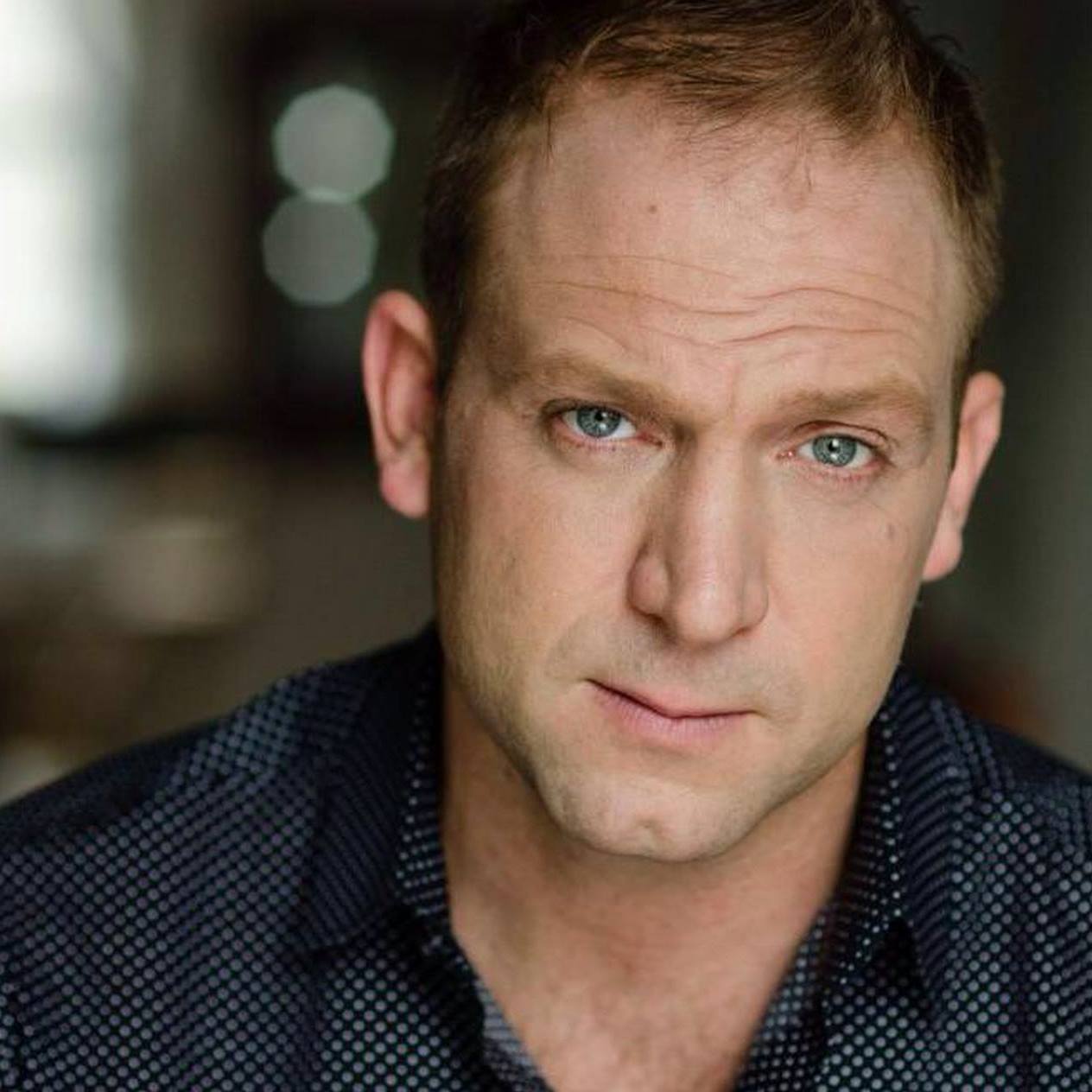
The smokestacks of US Steel were the source of Gary, Indiana's meteoric rise at the turn of the century and collapse in the 1970s. (Photo: Mira Oberman/AFP/Getty Images)
My state is voting Tuesday. It’s not often that Indiana becomes a factor in the primary season; this year is different.
In working-class taverns and small-town diners, talk quickly turns to Donald Trump. His loyalists aren’t just excited about the possibility of Trump sealing his party’s nomination here; they’re talking about his potential to win the general election.
I have firsthand knowledge of this. I have an undergraduate degree from Wabash College, a master’s degree from Purdue University and a couple academic certificates from New York University. But that’s not what makes me an expert on my community’s mood: As a teacher, I can’t afford to pay my student loans. I bartend to make ends meet. That’s how I know that Trump is the talk of the taverns.
From one perspective, the irreverent front-runner doesn’t seem a traditional Hoosier pick. After all, Republican Governor Mike Pence recently supported Trump’s chief competitor, Ted Cruz. But for all its buttoned-down Republican tradition, Indiana presents a tale of two states.
One only need look at Indiana’s two most well-known politicians to see the ideological divide. It’s a state that produced both Republican Vice President Dan Quayle and five-time socialist presidential candidate Eugene V. Debs. It also produces a brand of Midwestern self-deprecation embodied by Hoosier funnymen Kurt Vonnegut and David Letterman. Hoosiers are mostly plain folks, looking for simple solutions and a home-cooked meal.
I’m from the northwest corner of the state, an area affectionately known as The Region. It is an industrial wasteland on the southern rim of Lake Michigan, a landscape of blast furnaces and oil refineries that has more in common both politically and aesthetically with Youngstown, Ohio; Braddock, Pennsylvania; and Flint, Michigan, than any other part of Indiana. The Region’s residents mostly remain Democratic in name, but the feeling on the ground is that Trump is gaining support among the white working class.
Although Hillary Clinton enjoys support from the large black community of Gary, the steel town that’s the hub of The Region, the white working class has not forgiven the Clinton family brand for offenses that date to the first Clinton presidency. The bombing of Yugoslavia during Bill Clinton’s term drove large numbers of Serbians in The Region away from the Democratic Party, but the far bigger issue is the NAFTA deal and the jobs lost after it was sealed.
I felt the impact in my own family. I was born among the wooded hills and winding rivers of Western Pennsylvania. By the mid-80s, the steel industry had all but vanished from Pittsburgh, and like thousands of others, my father was out of work and searching for a new life. So our family relocated to Northwest Indiana where he began to rebuild his career. But the wolf finally came by the late ’90s. My father lost his job for a second time. At 55, after nearly three decades in the mill and a degree from Point Park University, he went back to bartending.
The Rust Belt’s working class is angry and in search of a target. “They” are poisoning our water; “they” are taking our jobs. Fear is everywhere, and scapegoating is our national sport. As I listen to stories in my bar from people who talk about voting for Trump, I’m longing to understand why unionized people would champion Trump’s brand. I ask myself, how did the working class get here?
The decay of the great industrial centers has taken its toll on the American citizenry. Unions need a redesign, and young workers need to be involved in the labor movement. They need to be more informed and more engaged in other critical matters, too.
That would include matters such as learning to separate substance from hype. Trump is entertaining. He is a master political performer. He embodies his brand in every way. Like his slogan, he’s concise, simple, and uncomplicated. His communication isn’t democratic but top down. He’s Heinz Ketchup, Budweiser, Apple Pie or Chevrolet. With years of crafting this brand he has cultivated a value that the working class trusts. He promises change through coercion and brute strength, not change through intellectualism like Bernie Sanders or President Barack Obama.
“Make America Great Again” appeals to nostalgia for the 1950s, when the working class was prosperous and the American dream attainable. It’s easy to forget the negative qualities: I suggest the ’50s could also represent a misogynistic era of conformity and injustice.
When Trump says that we are soft little babies, and that immigrants are alien outsiders, he’s framing feminism, equality and affirmative action as the enemy that emasculated America. This is a welcome scapegoat for working-class white males whose own greed corrupted unions and strained the solidarity that might have enabled us to respond in ways that would have improved society for us all.
Working-class people are in desperation, and want a hero. American storytelling has overwhelmingly been dominated by one type of dramatic structure, one that Joseph Campbell termed the monomyths, typified by lone heroes, tall tales and rugged individualism. Within this story, the focus is given to only one protagonist rendering citizens mere spectators.
Without alternative narratives, people are willing to buy whatever is on the shelf, whether it’s Wonder Bread, another Batman film or Donald Trump. If Obama in 2008 was daring political sushi, Bernie is a traditional if identifiably ethnic plain bagel with lox, and Trump? He’s a good old American hamburger. And like hamburgers, he can provide satisfaction at first, but he’s isn’t good for your arteries.
Alternative political strategies are often seen as alien or odd. Many of the workers I speak with at my bar often say they agree with Bernie Sanders, but that his ideas are too utopian. They say Bernie can’t possibly do what he says he can. And so, utopia cedes to the more palatable familiar, and any hope for a real democracy is marginalized. I think that’s a limiting belief.
Trump has stated that he loves the “poorly educated.” This is the political version of the Stockholm syndrome. Elite candidates like Trump keep the working class hostage, yet the exploited express empathy and sympathy and have positive feelings toward their oppressor, sometimes to the point of defending and identifying with them.
Unlike Trump, I respect anyone who wants to learn, anyone who wants to engage and debate. Trump likes the poorly educated; a poorly informed electorate make him their King, though doing so strips them of their dignity and ultimately limits their very humanity.
Change is coming to post-industrial communities like The Region through grassroots initiatives involving everyday citizens who want to explore new forms of community. Having lived in the big cities of New York and Chicago, and finding the corporate world I was trained for to be inhumane, I have returned to my community looking to help rebuild it.
To do so, I use the skills I’ve learned in academe to help people better understand and tell their own stories — instead of having outsiders impose politically convenient narratives.
I have written a children’s book and created literacy program about Gary. I teach themes of solidarity and diversity through experience, providing my students lessons that run the gamut from civics to collaborative art making. As an educator, I also believe in the importance of teaching trades, and not just the traditional blue-collar ones. Adjustments have to be made for modern times, so I would include digital democracy — coding for the common good and community-based participatory media production — among the trades worth teaching in marginalized rust-belt towns.
With skills like these, I believe workers can create a new space for democratic transformation.
Workers of Indiana, it’s time to be less obedient, it’s time to question, it’s time to stop falling for sales pitches from Atlantic City boardwalk vendors.
This primary season vote for whom you wish, but remember that true democracy comes from participation, voting is a ritual and certainly something to respect, but the solutions for working-class families and post-industrial communities will come from within.




